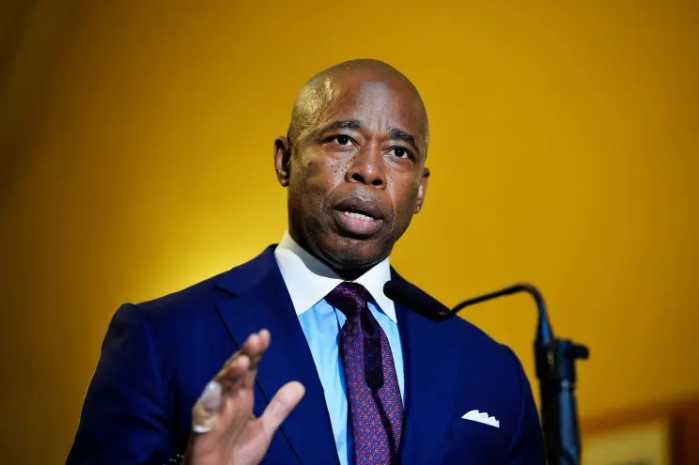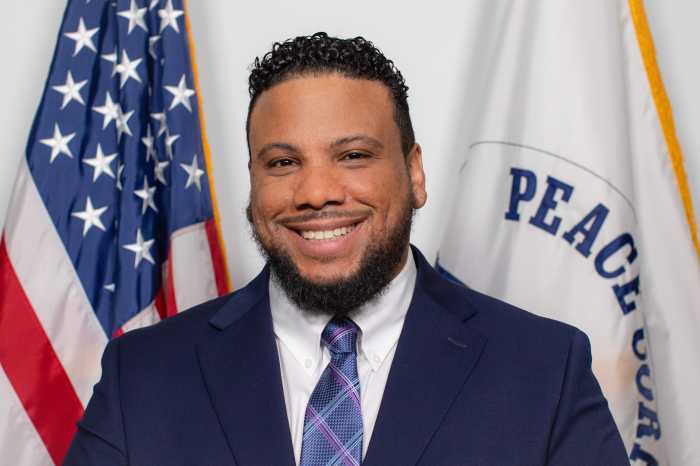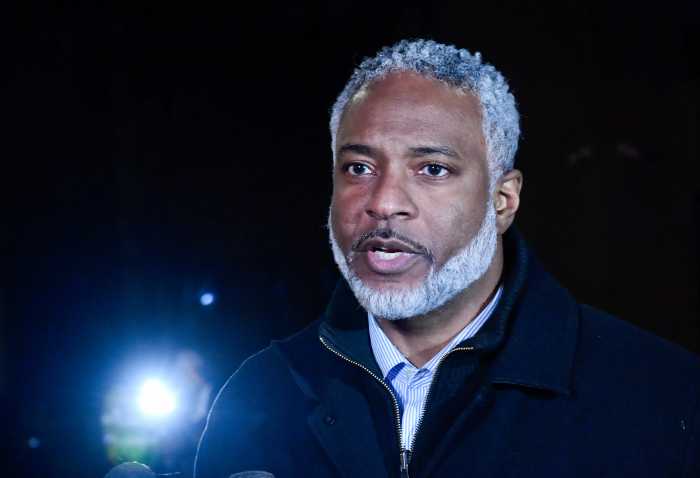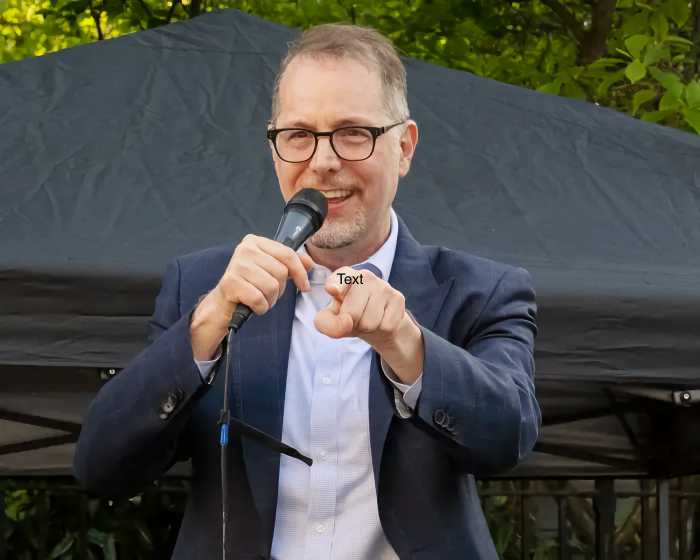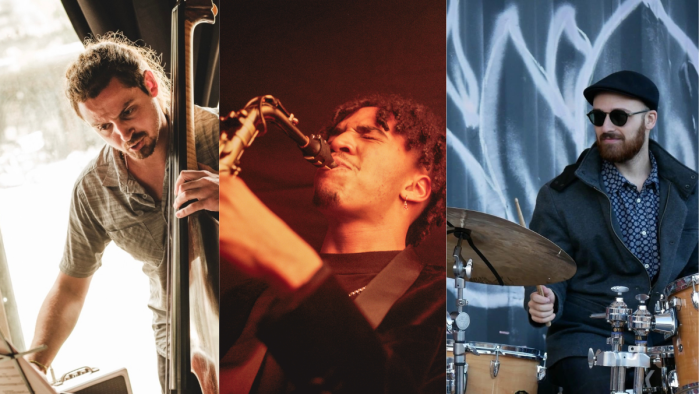The enduring bond between the Black and Jewish communities, forged in the crucible of shared struggles for justice and equality, stands as a testament to our collective resilience.
This alliance, stretching back to the Civil Rights era and beyond, has been a beacon of solidarity and mutual support. In the 1960s, the sight of Jewish Freedom Riders standing shoulder to shoulder with Black activists in the segregated South symbolized an unbreakable unity. When Jewish attorney Clarence Jones assisted Dr. Martin Luther King Jr. in drafting the iconic ‘I Have a Dream’ speech, and Rabbi Abraham Joshua Heschel marched alongside Dr. King at Selma, it was a powerful affirmation of our intertwined destinies.
However, recent events have cast a shadow on this historic solidarity. As Israel defends itself in the wake of genocidal terrorist attacks by Hamas, our bond has seemingly vanished. A rift is growing between our communities that is in need of urgent repair.
The culprit? A rising segment of extreme ideology and intolerance that has infected the young generation of political leadership and activists––led in large part by the Democratic Socialists of America (DSA).
On the day of the tragic terrorist attacks on October 7th, while the horrific brutality was still ongoing and bodies lay unburied, socialists in New York City promoted a blatantly antisemitic rally in Times Square where swastikas were displayed. The situation has been further exacerbated by recurring demonstrations where chants of ‘From the river to the sea’––an antisemitic slogan––resonate through the crowds. Even more upsetting was to see local DSA politicians gleefully join these protests.
In this critical moment, we must remember the voices of reason and unity that continue to speak out. The Congressional Black Caucus, African American Mayors Association, National Action Network, National Urban League, and NAACP have all condemned the violence, reaffirming their commitment to peace and justice. Their collective stance reminds us that the core values of our communities remain aligned.
Yet, while our most respected leaders speak with moral clarity against terrorism and call for hostages to be freed, they face slings and arrows from the DSA.
Recent attacks on House Minority Leader Hakeem Jeffries highlight a troubling trend where political disagreement devolves into personal and racially charged attacks. Two DSA-affiliated state legislators both separately compared Jeffries to former Alabama Governor George Wallace, one of the most racist men in our nation’s history who routinely called Black people the n-word.
And when Jeffries refused to budge in his condemnation of terrorism, DSA members promoted a protest where participants brought watermelons to taunt Jeffries at his office. Many of us remember watermelons being thrown at Reverend Al Sharpton years ago when he held civil rights rallies in certain parts of Brooklyn to remind him that Black people were not welcome.
It is alarming to witness a Black leader subjected to such vitriol, reminiscent of the racism and intolerance we have collectively fought against. This is not the path forward.
Let us be clear: reasonable minds can differ on a solution for peace. However, there is no justification for refusing to condemn terrorism. There is no justification for remaining silent on the return of innocent hostages by terrorists. There is a dividing line between rational discourse and extremism; these stances are far beyond that line, and those who entertain them should be shunned from the political arena.
The challenge we face now is to confront these divisive elements with the same resolve we have shown in our historical battles against injustice. We must reject any form of intolerance, including antisemitism, regardless of its guise or justification. But we must also be wary of those who continue to ally with this radical fringe until they speak out against it; their silence is a form of complicity.
As we witness the ongoing conflict involving Israel and terrorist groups like Hamas, it is a time for sober reflection and renewed solidarity. The Jewish community needs our support now more than ever, reminiscent of the support they extended to us during our darkest hours. We cannot allow misleading narratives to distort our understanding and weaken our historic bond.
The path forward requires us to stand together, affirming our commitment to justice and equality for all. This is how we honor the legacy of our past struggles and ensure that the moral arc of our democracy continues to bend toward justice. Let us work towards healing this schism, building upon the historic alliance between our two communities and moving forward with a renewed sense of purpose and unity.
Rev. Dr. Johnnie Green, Jr. is the Senior Pastor at Mount Neboh Baptist Church in Harlem and President of Mobilizing Preachers and Communities (MPAC)


